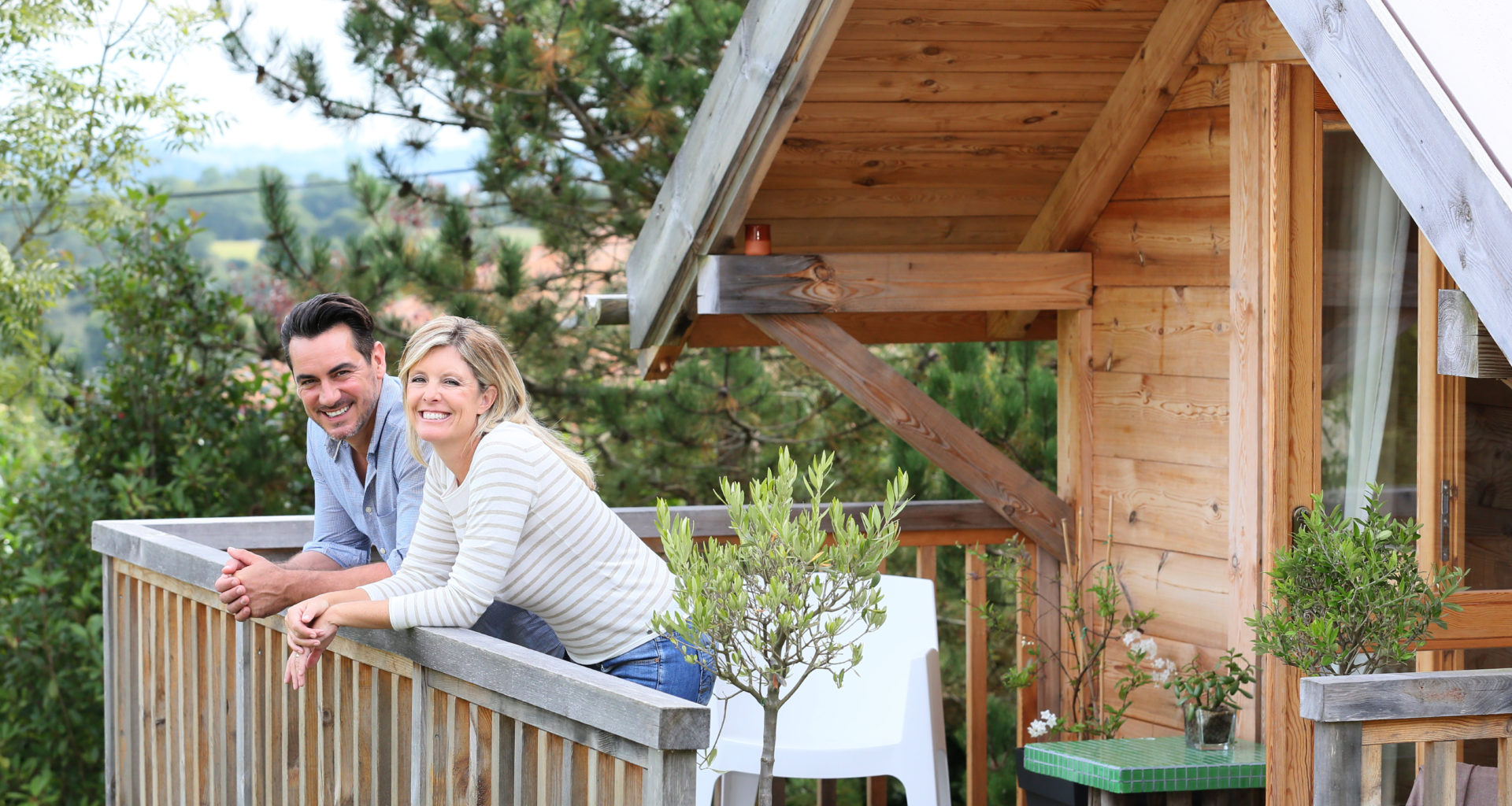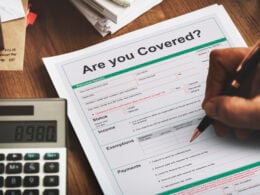Second homes are always a great option to have for a quick weekend getaway, family trip or any easy vacation when you need one! You don’t have to worry about renting a place ahead of time or trying to figure out the right place to go. A vacation property is your home away from home.
Having a second home as a rental property is also a great option! Renting out your property to others who want a nice vacation is a great way to create a source of income. Listing your property on a popular vacation rental site is a great way to get turnover and more money going into your pocket.
Having a second property to use as your own or turning it into a unique place for others to rent are both fantastic options; however, your insurance needs also become unique when you’re looking to take care of that property. There are certain risks at hand that would not be present with your primary home/property. Kapnick Insurance can assist you in finding the right policy to protect your secondary home.
Sign Up: Receive the StartupNation newsletter!
Cost considerations
Whether you keep your second home for personal use or rent it out, it costs more to insure than your primary residence. This is because premiums are determined by several factors, including:
- the length of time your home will be vacant.
- location.
- risks associated with renting the property.
The risk of hurricane, wildfire or even a pool, depending on the location and type of second home, can raise your premiums or make coverage difficult to obtain. If you’re thinking about buying a second home, contact us to learn more about the insurance costs.
What coverage options are there?
Hazard insurance
Hazard insurance protects you as the property owner against any damage caused by fires, earthquakes, severe storms or other natural events. Hazard coverage is a section of a homeowners insurance policy that protects the residence as well as other nearby structures like a garage. This coverage will be required by your lender to protect you and your home from any unforeseeable risks.
Liability insurance
Liability insurance covers two main things: personal liability and medical expenses. If you’re sued because of a covered incident, your homeowners insurance liability coverage will usually pay for (and appoint) an attorney for you. It also pays for damages for which you are found liable, up to the limits of your coverage. Medical expense coverage is so that if a visitor is injured on your property the policy may help pay their medical bills. It is no-fault insurance, which means the injured party can submit medical bills to your insurer without having to file a claim against you.
Dwelling fire insurance
Dwelling fire insurance is a type of coverage that can be used to insure residential rental or non-owner occupancy property, as well as vacant property. For perils named in the policy, a dwelling fire policy continues to provide coverage for a home and other structures (e.g., detached sheds or garages). Fire, collapse, lightning strike, wind, hail, explosion and smoke are all covered by named perils in a typical dwelling fire policy.
Umbrella coverage
A personal umbrella liability policy adds an extra layer of protection by providing additional liability coverage over your underlying policies. For example, if an accident were to occur at your vacation property that affects two people, they both might choose to name you in lawsuits for $500,000 each. The typical liability coverage policy would only cover the first $500,000 and leave you to cover the rest. This is where the personal umbrella liability policy comes into play to cover the remainder of the costs up to policy limits selected.
Renting out your home?
Whether it is your vacation home or a rental property, you will have little control over the physical damage that can happen to or on it. If you rent out your vacation home for a profit, your homeowners insurance is unlikely to cover it. Insurance companies may refuse to cover your vacation rental even if you don’t make a lot of money.
According to the Insurance Information Institute, “If you plan to regularly rent out your second home, you may need separate business coverage or a landlord policy.” You might be able to get a rider or endorsement on your homeowners or condo insurance policy if you only rent out the property occasionally. A standalone commercial or business liability policy may be recommended if you rent out your property more frequently.
When purchasing homeowners insurance, it is critical to ensure that you have enough coverage to protect all your property values and assets, by discussing this with your agent.
You need an expert
Whether you are using it for your own pleasure or renting it out to other parties, you will want to make sure your second property has all the proper insurance coverage. Without it, you may end up looking at expenses or even lawsuits that you are not prepared for. If you are looking to insure a vacation or second home, your insurance needs are unique. There is no reason to worry though — Kapnick can help! Contact us today at 888.263.4656 or [email protected].







